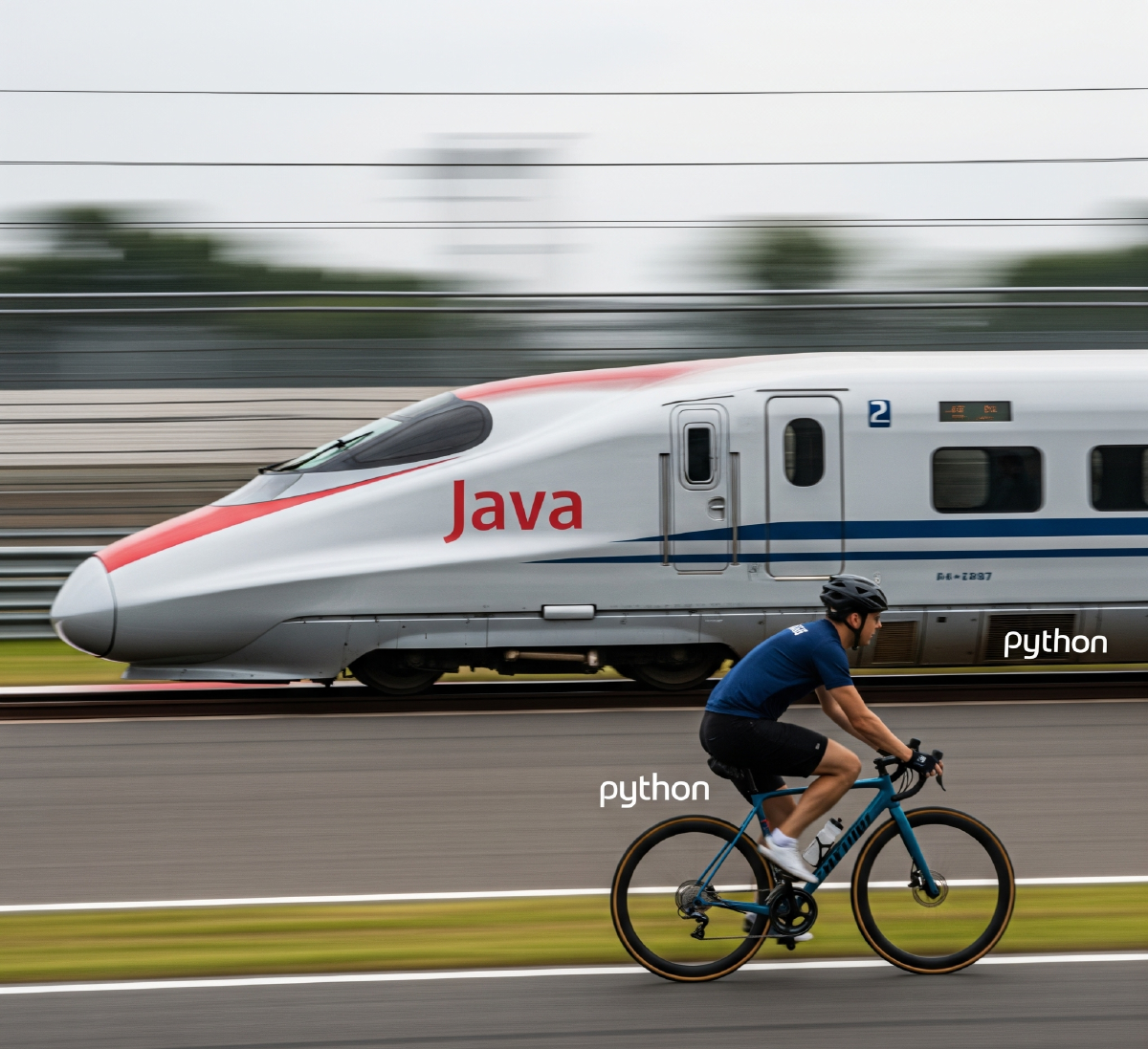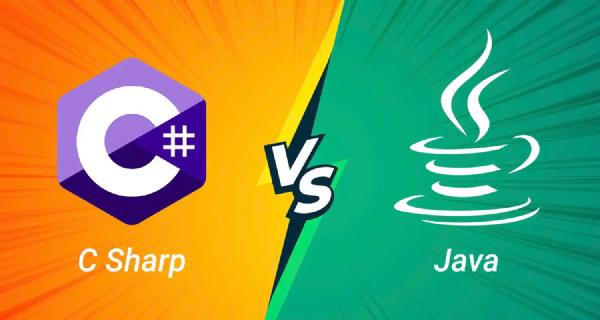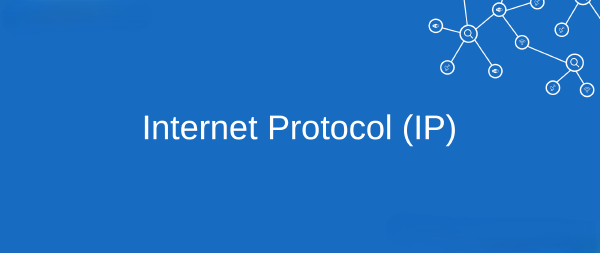Generally speaking, Java isn’t the most beloved language out there. It requires writing a lot more code, has many rules, and you often need to add extra libraries for things that come built-in with other languages. On top of that, Oracle’s history with licensing lawsuits has given Java a bad reputation among many developers. But despite all that, I still like Java more. I know its flaws, but its strengths mean more to me. Below, I want to explain why — with some practical reasons.
1. Static Typing – Catching Errors Early #
In Java, you have to declare variable types explicitly before using them. It may feel like a hassle at first, but in big projects, it really helps.
For example, in Python, you can define a function that adds two values, but if you accidentally pass a string and a number, it will crash at runtime. Java, on the other hand, catches this kind of mistake before the program even runs. This difference can save a lot of debugging time in complex systems.
2. Performance – Safer for Long-Running Tasks #
Java runs on the JVM and is much faster than Python. This matters in large-scale data processing, server-side applications, or services that run continuously.
For instance, reading and processing millions of log entries usually completes faster and more efficiently in Java than in Python.
3. C-Style Syntax – Feeling More Disciplined While Coding #
Some developers find Java’s syntax — with curly braces, semicolons, and keywords like public static void — overly verbose. But I find this structure helpful. It forces discipline and makes the code more predictable, especially in large teams or enterprise environments.
4. OOP – Breaking Down Software into Pieces #
Java takes object-oriented programming seriously. It encourages you to define proper classes, methods, constructors, and access controls. This can feel tedious in small scripts but becomes essential in larger applications.
In contrast, while Python supports OOP, it allows looser structure, which can lead to messier codebases over time.
5. Spring and Ecosystem – Building Large Systems with Ready Solutions #
Java’s Spring Framework provides everything you need to build robust, secure, and scalable enterprise applications — from REST APIs to microservices and database integration. Python has powerful frameworks too, like Django and Flask, but Spring is more mature and widely adopted in large corporations.
6. IDE and Auto-Completion #
Thanks to static typing and a clear structure, Java works beautifully with modern IDEs like IntelliJ IDEA. Auto-completion, real-time error detection, and refactoring tools are extremely accurate.
With Python, dynamic typing often makes IDE features less reliable. Sometimes the IDE can’t even guess what attribute comes after a dot.
7. Testing Culture – Standing Behind Your Code #
Java has a strong testing culture. Using tools like JUnit, writing unit tests is straightforward and considered best practice. Most serious Java projects include tests from day one.
Python supports testing too, but in many cases — especially in smaller teams — it tends to be more optional than enforced.
8. Backward Compatibility #
One of Java’s most underrated strengths is its commitment to backward compatibility. Code written 10 or even 20 years ago can often still compile and run on modern JVMs. Compare that to Python’s painful transition from version 2 to 3, which broke a lot of older code.
9. Platform Independence #
Java lives by the motto: “Write once, run anywhere.” Thanks to the JVM, Java applications can run on Windows, Linux, macOS, and even Android with minimal modification. This kind of portability is invaluable for cross-platform development.
10. The Satisfaction While Coding #
This might be subjective, but it matters to me: when I write Java, I feel like I’m building a solid, durable structure. The strict rules and architectural clarity give me confidence. It feels like engineering, not just scripting.
What About Python? #
Python is a fantastic language — no doubt about it. It’s great for automation, scripting, data science, AI, and quick prototyping. If speed and simplicity are your top priorities, Python absolutely shines.
But for building large, long-term software systems, Java still gives me more reliability and long-term satisfaction.
Final Word #
Every language has strengths and weaknesses. I happily use Python when it’s the right tool for the job. But Java aligns better with how I like to build systems: with structure, clarity, and confidence.
Java doesn’t always offer the easiest path — but it often offers the strongest one.


